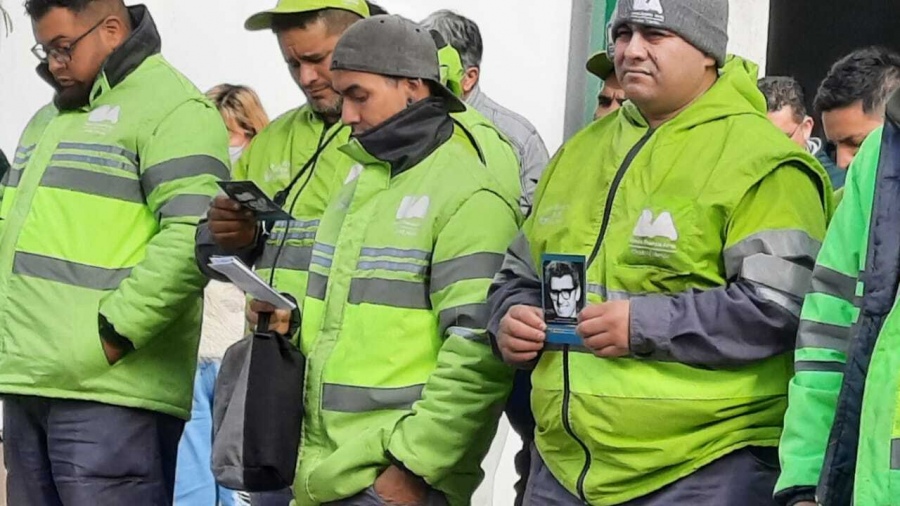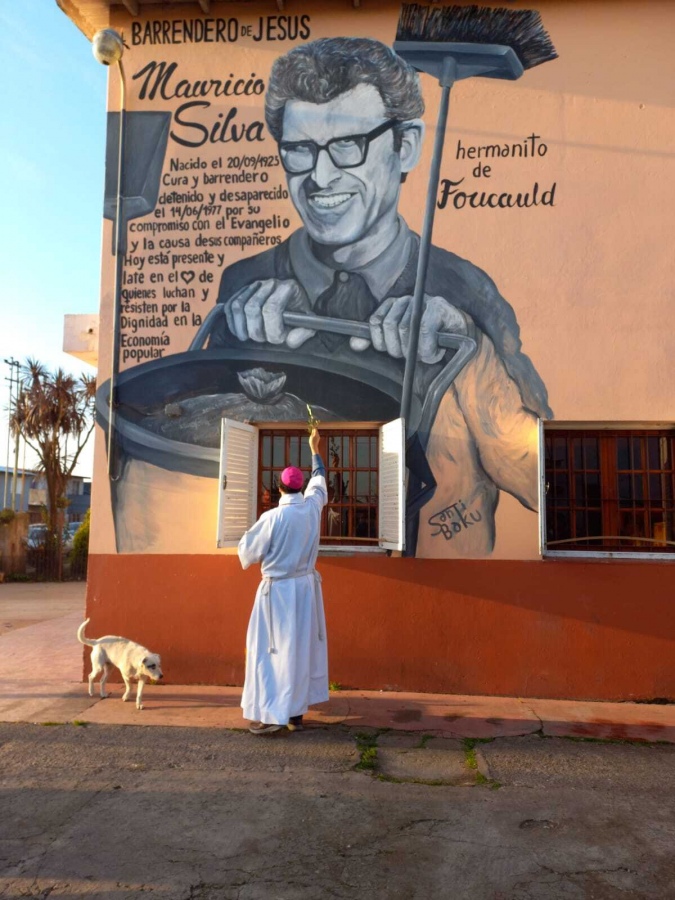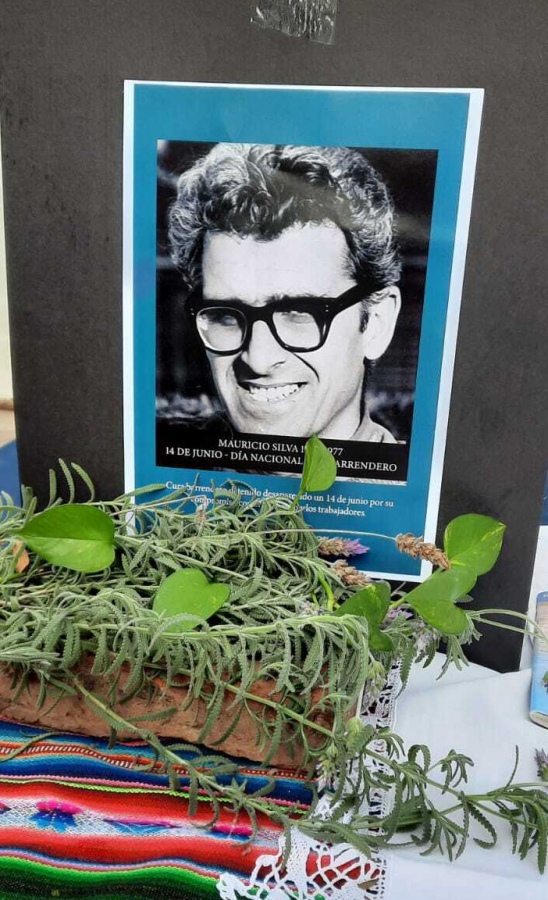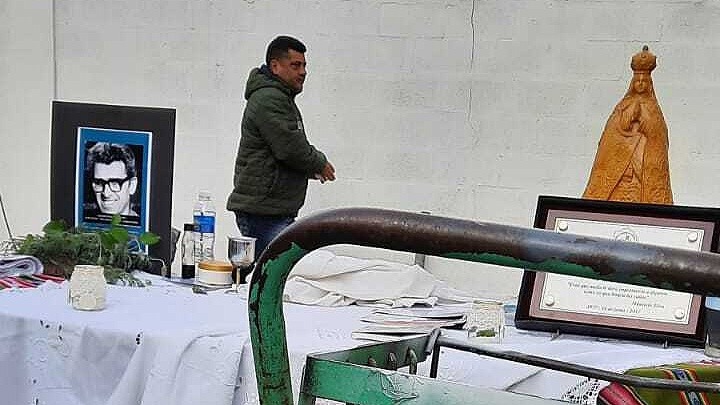In the smallest and most forgotten he found love. This was Kleber Silva Iribarnegaray, better known as Mauricio. A Uruguayan who migrated to Argentina for the Don Bosco Congregation, the so-called Salesians. Over time, his spiritual conversion brought him closer to the French contemplative, today a Saint, Charles de Foucauld, who missioned in the desert of Africa. Under that charisma he faced his priesthood together with the municipal sweepers of the City of Buenos Aires. He did not flee from the genocidal military dictatorship that considered him “subversive”, for celebrating masses in the burnings, that is what the open-air dumps were called, along with the crotos, bottle racks and linyeras, putting into practice the precepts of the Second Vatican Council, and in turn he lived the gospel sweeping and organizing unions with his companions, who at that time were fighting to avoid the privatization of the urban hygiene service, that is, the collection and cleaning of the streets.
“I caught myself looking at a street sweeper…a dirty little man cleaning a street. It was a matter of seconds. My place was there.” Thus spoke Silva who committed himself whole body as a disciple of Jesus of Nazareth, the carpenter’s son, Joseph. The spirituality of the Little Brothers of the Gospel, the congregation that Foucauld inspired, is to imitate the life of Jesus when he was an unknown worker on the outskirts of Jerusalem.

A priest of these characteristics was unbearable for the de facto mayor of the City, Osvaldo Cacciatore. To put an end to the organization of the street sweepers in the so-called Corralón de Floresta (located at Avenida Gaona and Mercedes, today a plaza), the so-called task forces acted, first arresting and disappearing two key men on May 5, 1977, at the delegate of the truck drivers, Néstor Sanmartino, and the next day the general secretary of the street sweepers there, Julio Goitia. A month later, on the cold morning of June 14, 45 years ago, while he was sweeping Magariño Cervantes y Terrero street, in the Villa Miter neighborhood, Father Silva was kidnapped, turning him into a martyr, not yet officially recognized. of the catholic church.
“Martyr”. This was described by the president of the Argentine Episcopal Conference (CEA), Óscar Ojea, in a message of support and blessing to all the street sweepers, on June 14, who remembered their day justly designated at the national level in tribute to the disappeared priest during the last military dictatorship.

It was at the street sweepers’ beach at 1700 San José Street, in the Constitución neighborhood, that the Truck Drivers’ Union, which brings together different activities including street sweepers and waste collectors, held a mass in homage to the street sweeper priest. More than 300 workers were present at the celebration led by the villero priest and chaplain of the cartoneros, Lorenzo “Toto” Vedia, who was accompanied, among others, by the Lutheran pastor, Gustavo Gómez. To the surprise of everyone at the mass, the general secretary of Truckers suddenly appeared.
Hugo Moyano, of evangelical faith, took the microphone to highlight that “we remember a man who spent many years of his life fighting for the dignity of workers, a man who believed in God like us. That is why this moment is so special and I am grateful to the Catholic and Evangelical Church, to which I belong, for having allowed me to transmit this little message.”

The tribute to the street sweeper priest also reached the seaside resort of Mar del Plata. There, the local bishop, Gabriel Mestre, together with a consecrated laywoman, Marta, accompanied the street sweepers, and the new 15 women street sweepers, to the homage at the Council of Deliberatives. Likewise, the bishop blessed a mural made in the Casa del Niño, the device of the Mar del Plata church. “Mauricio was fascinated by love. God was the absolute of him. Friend of the workers. And at the same time committed to abasement”, assured the nun Marta who shared in the 1970s the community of Malabia Street, in Villa Crespo, where the priest-sweeper lived.
Alicia Vázquez, former Secretary of Worship of the City government and a laywoman committed to memory and justice for Mauricio Silva, assured Télam that “the cause of martyrdom is being promoted. Because he died in his profession of faith, because of his coherence and his love for the other, they make him a martyr. Once his martyrdom is recognized, his destiny is beatification. If recognized, he would be the first worker martyr in Argentina”.


